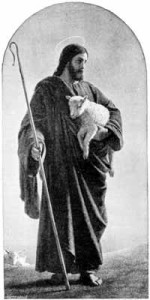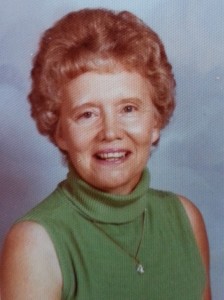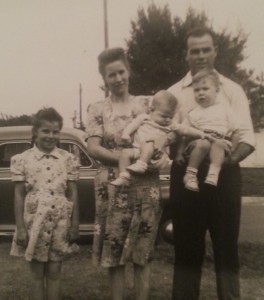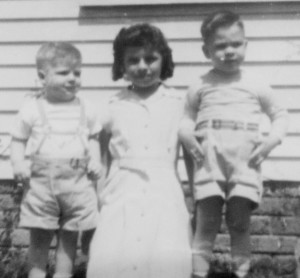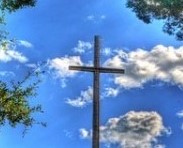Jesus of Nazareth invited two apprentices to walk and work with him. Then came a third. . . then another and another. Since those early days, the increase of his trainees-in-Christlikeness has carried forward until their number now spans the globe.
Jesus knew well the need of passing along insights and wisdom. But also, of modelling his rare kind of power – the power of love – brought here to earth by him from another world. He did this kind of thing at every step, this modelling and training.
As for insights and wisdom, what this master-trainer brought into view went deeper. It went past the understanding and good sense already found among people through centuries of human experience. Further, the compassion he showed left other forms of human caring shallow by comparison.
Many historians measure this Middle-eastern figure, whose name is more commonly spoken than any other in history, as the most gifted, the most brilliant human ever to live. Yet he didn’t hold his understanding to himself, wasn’t stingy with his gems. Rather, Jesus offered up to any who would take him seriously, his own qualities – wisdom and truth – which any sensible person might eagerly receive.
So, this carpenter-turned-rabbi – as a feature of his mission – recruited to himself a company of students, of learners who might grow to live as he lived. Might even, to a surprising measure, become as he was. Many of Jesus’ apprentices arrived on the scene from ordinary backgrounds. Some were well-educated, others not, some well to do, others not so much.
They would travel with him in climates both calm or stormy. They tasted samplings of popularity and favor and weathered seasons of scorn and rejection.
These disciple-apprentices dined in community. They wrapped up countless action-filled days reflecting together before an open flame at a makeshift fire pit, often at places a good way from their homes. Their minds and hearts took in what they were able of their coach’s actions and sayings. Time in each another’s presence stretched them. They quibbled. They fussed. They were in training.
When one or two of the group asked him for advice on how to pray, Jesus answered in sensible language, “Pray this way. . .”
He also modeled praying. His apprenticing meant that he would (in a manner unlike others of his day) shift readily into a conversation with the invisible God whom he knew to be among them. This would occur easily, naturally when a time or circumstance called for it, which tended to be often.
When their food supply got small, Jesus talked to them about carefree living, then, on occasion would completely surprise them, bringing forth a meal. Such actions would leave them in wonder and deeply curious as to this man’s other-worldly nature.
Never one who seemed rushed or fidgety, he chuckled easily with his apprentice-friends. And, like any skillful mentor, he corrected them without timidity, apology or fanfare.
On a given day Jesus’ corrective counsel might be directed to one or two of the apprentices or he may address a thing meant for the wider community. Regardless, corrective action was each time offered in the interest of serving both his highest good and theirs. The trainees grew to own this.
The longer they walked with him, the less they wished for the former life, their old ways of being. It began to feel as though the rabbi was growing them, little by little, to become very much like himself. This seemed a good thing. They hungered for more.
©2018 Jerry Lout


